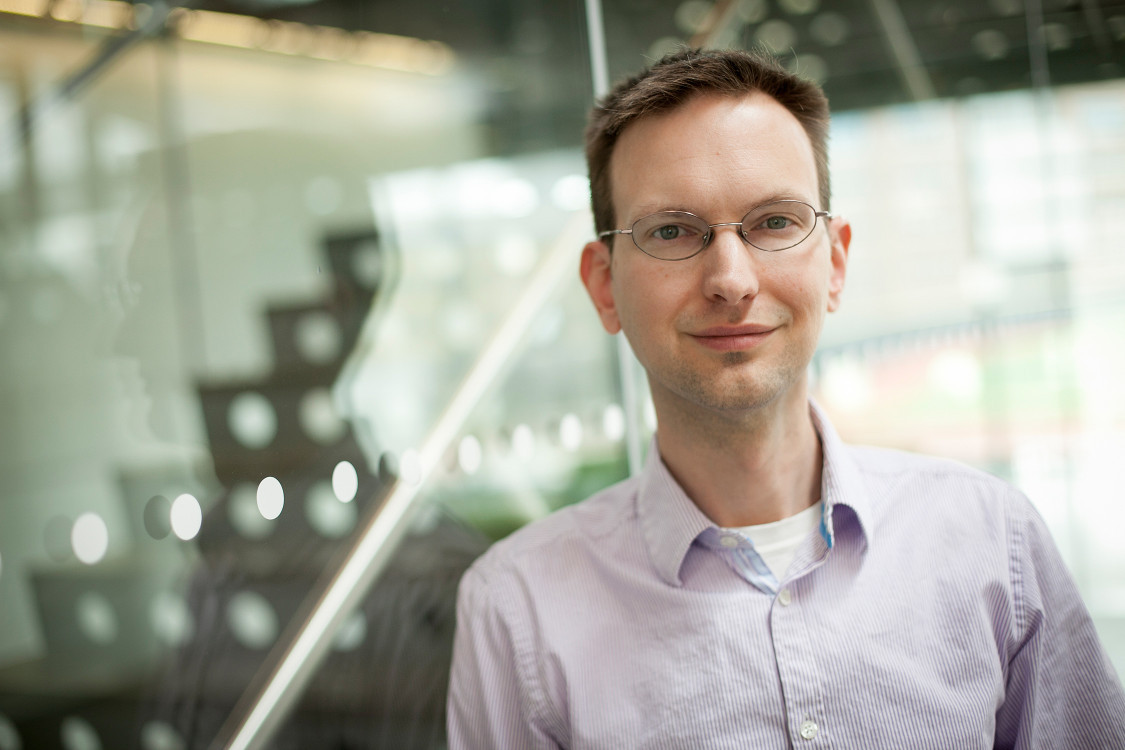- About
- Message from the Chair
- History
- Facilities
- News
- Events
- Info Sci Colloquium
- Advancing Responsible AI with Human-Centered Evaluation
- Bowers Distinguished Speaker Series - Julie E. Cohen, Georgetown University Law Center
- From Agents to Optimization: User Interface Understanding and Generation
- The Language of Creation: How Generative AI Challenges Intuitions—and Offers New Possibilities
- IS Engaged
- Graduation Info
- Info Sci Colloquium
- Contact Us
- Courses
- Research
- Computational Social Science
- Critical Data Studies
- Data Science
- Economics and Information
- Education Technology
- Ethics, Law and Policy
- Human-Computer Interaction
- Human-Robot Interaction
- Incentives and Computation
- Infrastructure Studies
- Interface Design and Ubiquitous Computing
- Natural Language Processing
- Network Science
- Social Computing and Computer-supported Cooperative Work
- Technology and Equity
- People
- Career
- Undergraduate
- Info Sci Majors
- BA - Information Science (College of Arts & Sciences)
- BS - Information Science (CALS)
- BS - Information Science, Systems, and Technology
- Studying Abroad
- MPS Early Credit Option
- Independent Research
- CPT Procedures
- Student Associations
- Undergraduate Minor in Info Sci
- Our Students and Alumni
- Graduation Info
- Contact Us
- Info Sci Majors
- Masters
- PHD
- Prospective PhD Students
- Admissions
- Degree Requirements and Curriculum
- Grad Student Orgs
- For Current PhDs
- Diversity and Inclusion
- Our Students and Alumni
- Graduation Info
- Program Contacts and Student Advising
Powerful computers are now a pervasive part of our daily lives. Wearables monitor our heartbeats, search engines give us all the world’s information, and it is increasingly hard to travel, have a meal, or even fall in love without opening an app. And all of it is – or will soon be – based on artificial intelligence (AI). How did we get here? What will the next big innovation be? What does all this mean?
At the core of Information Science at Cornell is the idea that technology is necessary, but it's not enough. We study computing and information in context: human values, human culture, and human interaction. Info Sci students and faculty have deep technical expertise, but we also ask constantly, "how will people actually use it?” and “what effect will it have on society?"
A signature feature of Cornell Information Science is that, rather than being an independent iSchool, we are tightly integrated with our two Bowers CIS sibling departments, computer science and statistics and data science. In addition, we connect with a catalog of other departments too long to mention. Our leading faculty and students – housed both in Ithaca and New York City – combine technical and social knowledge and direct it at critical fields of study, including human-computer interaction, robotics, ethics, law and policy, mobile health, natural language processing, and lots more. A quick review of our News and Research pages reflects as much.
Cornell Information Science graduated its first five students in 2005. Since then, we’ve grown to 730 undergraduate majors, around 80 master’s students, and roughly 115 PhDs. Our students are innovators, and acquire the breadth of technical skills and knowledge to pursue meaningful, successful careers. They are solving today’s biggest problems, from equity and public health to privacy and climate change. Info Sci grads have the specialized skills to answer questions, but more importantly in today’s constantly changing world, they have the breadth to know which questions need to be asked.
IS was founded by a group of visionary faculty who saw the need to work at the intersection of computation and human experience. It has proved to be a fantastic environment for innovation. We’re proud of the number of people who have come to share this vision, and we can’t wait to build for the next generation.
Sincerely,
David Mimno



